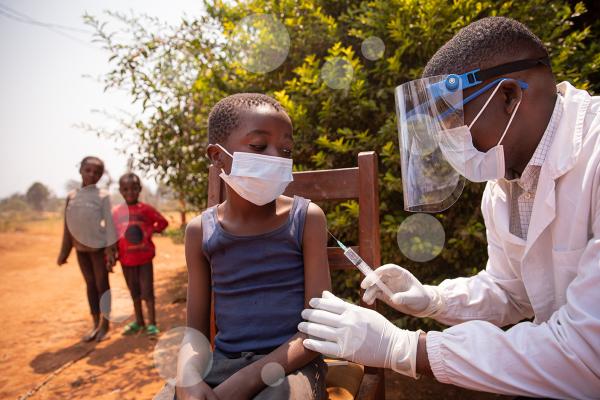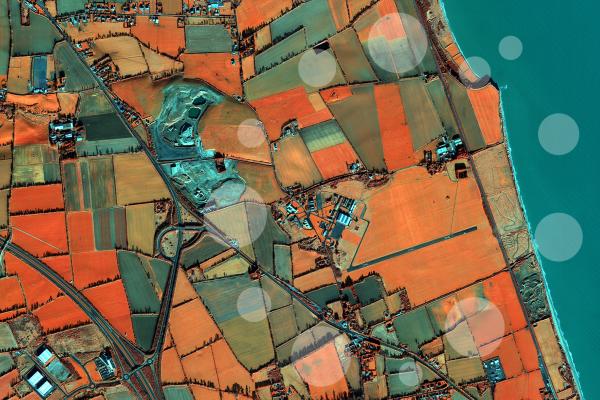Earth observation has become an essential element in assessing and addressing global challenges. It can provide synoptic overviews which can be used for situation assessment and change detection. The JRC has longstanding expertise in the use of remote sensing technologies in support to many European policies, from environment to security through to agriculture and maritime surveillance. The JRC undertakes pre-normative research to help develop internationally accepted harmonised methods and standards. Furthermore, the JRC is involved in a number of operational Earth observation programmes (such as agricultural controls, emergency management, land use/land cover classifications), for which it helps define technical specifications, quality criteria and applicable standards.
In its operational applications in support of monitoring EU legislation (for example the implementation of the Common Agricultural Policy and Copernicus initial operations in emergency management), the JRC benchmarks the performance of new sensors, defining the technical criteria for integration of products into operational workflows, applicable quality norms, etc.
The JRC carries out field and laboratory work to improve laboratory calibration protocols and field measurement methods for the generation of in-situ reference measurements. For example, in-situ ocean colour essential climate variables are compared with the baseline requirements defined by the Global Climate Observing System (GCOS). It also analyses the ‘fitness-for-purpose’ of field validation methodologies, radiation transfer models, and Earth observation retrieval algorithms with respect to the specified quality criteria defined for essential climate variables.

High altitude view of the clouds.
Earth observation products


